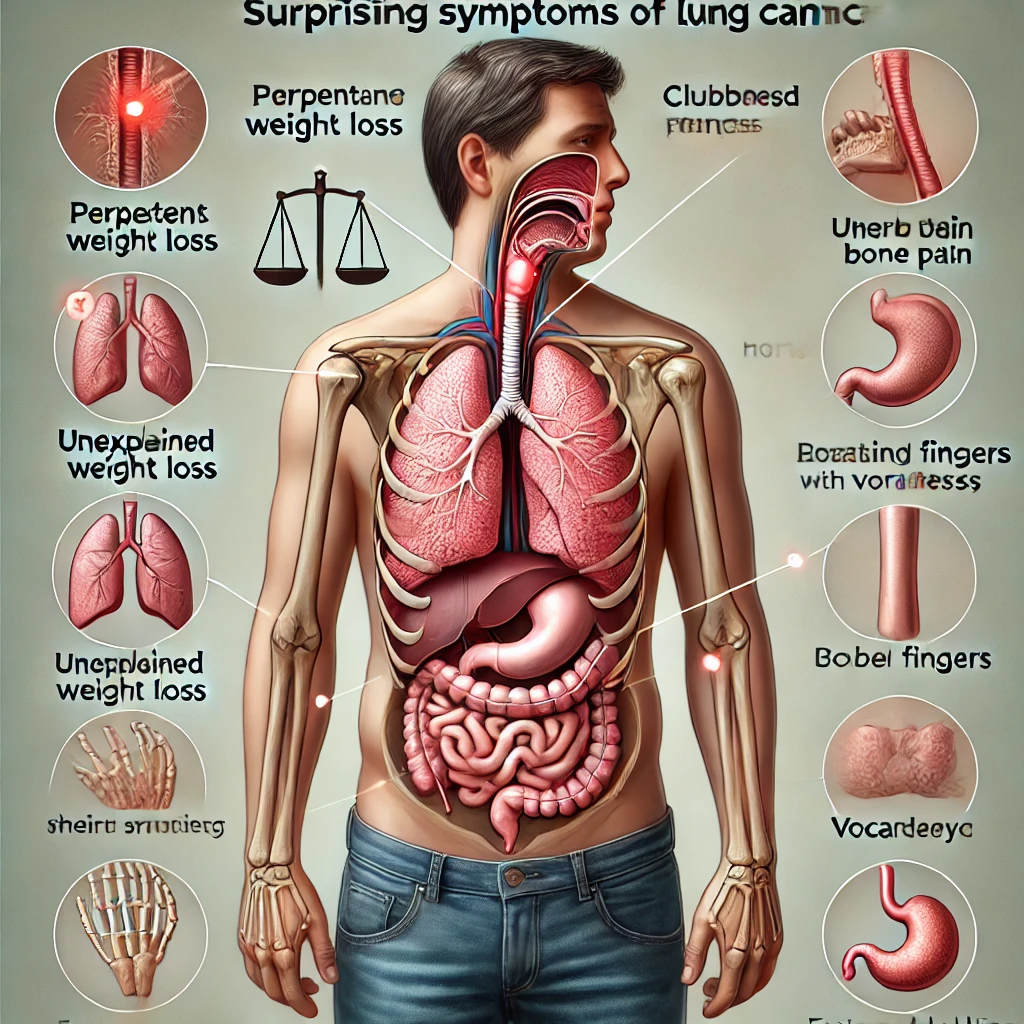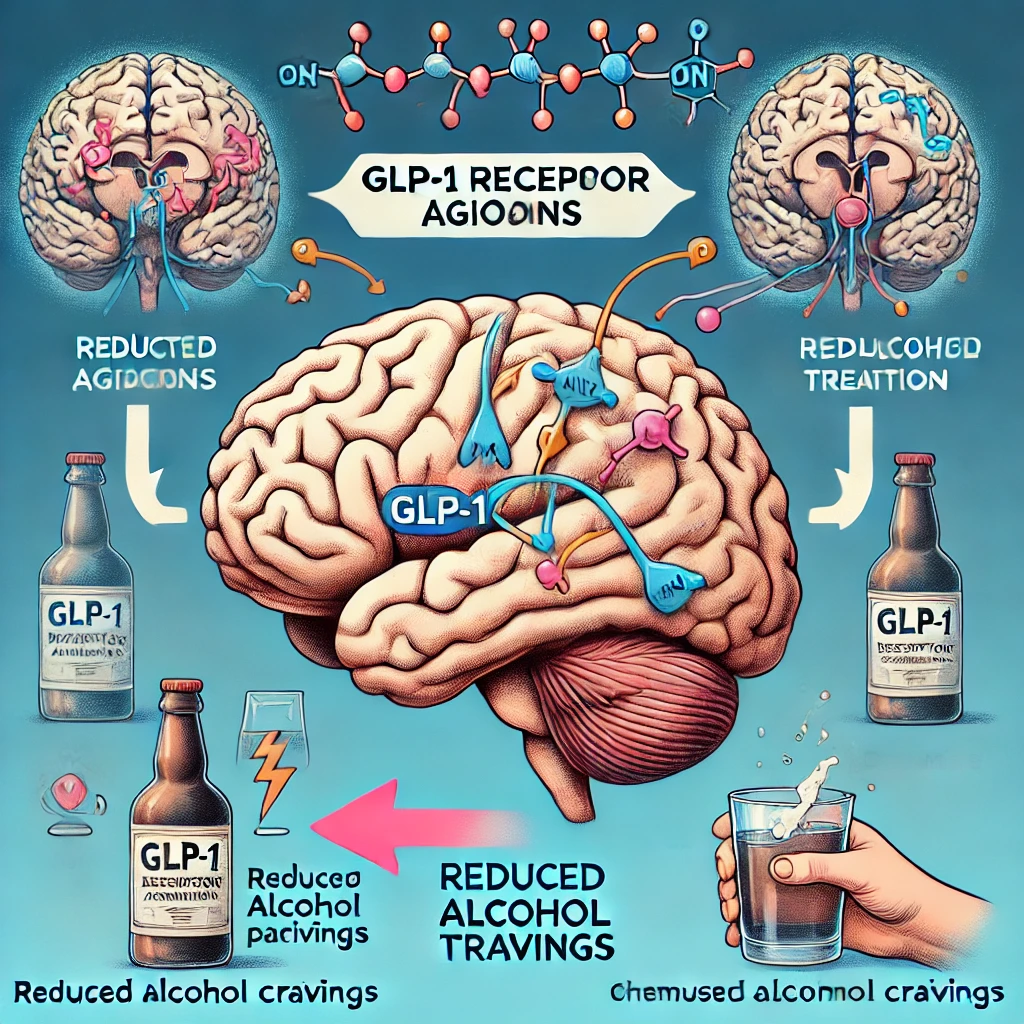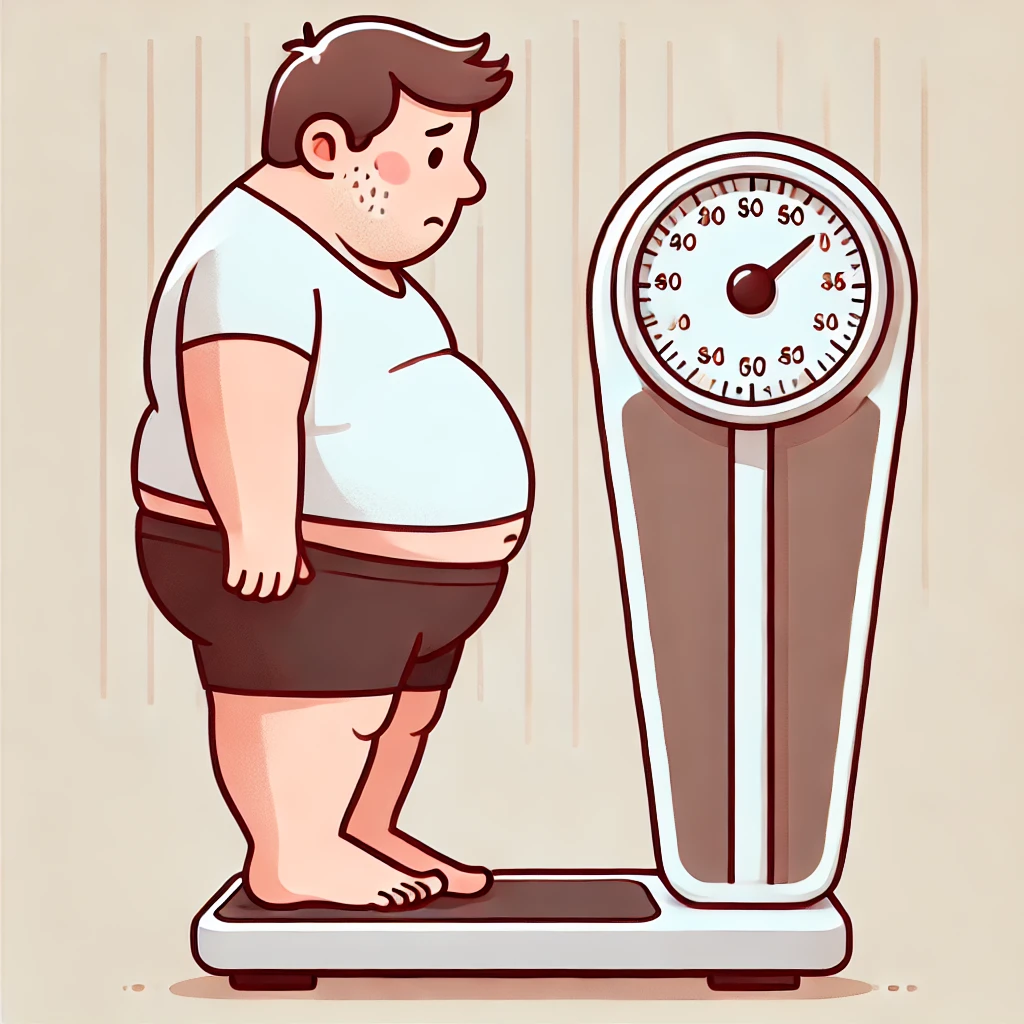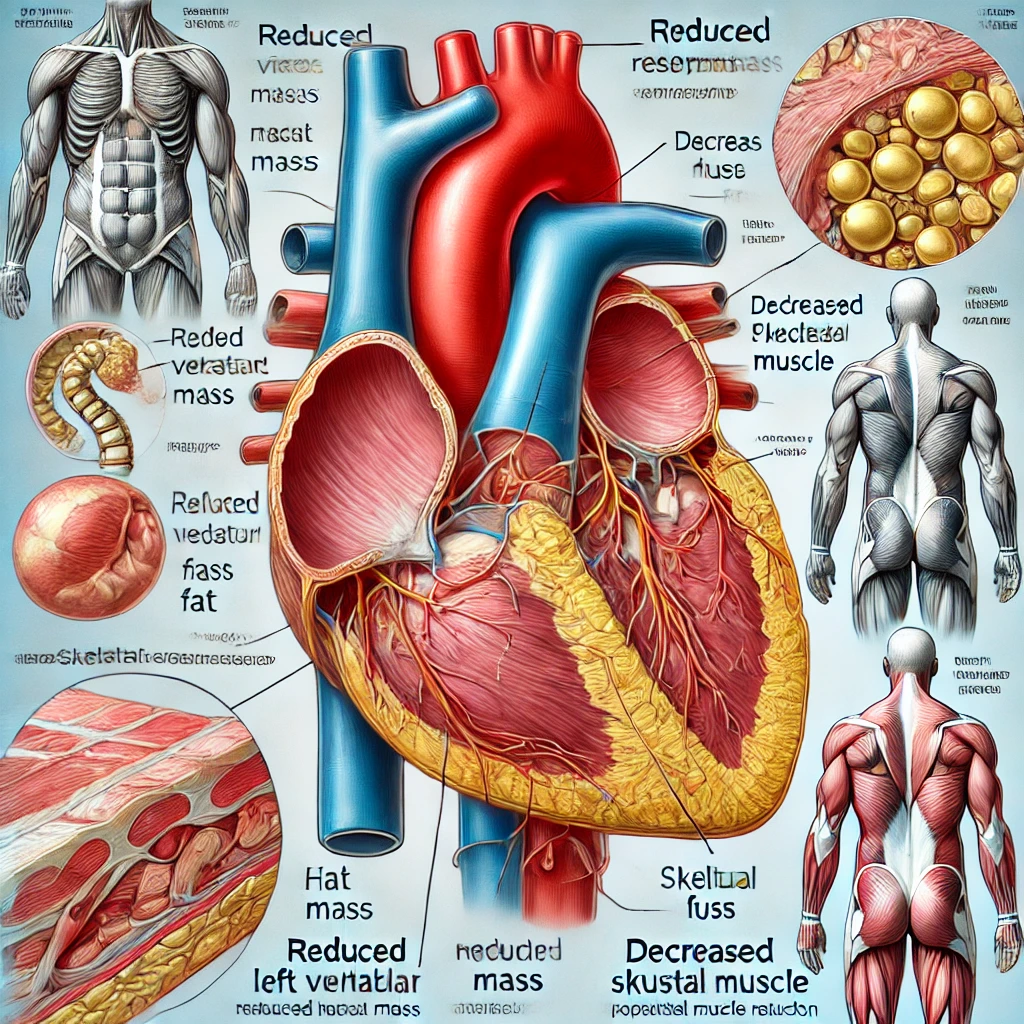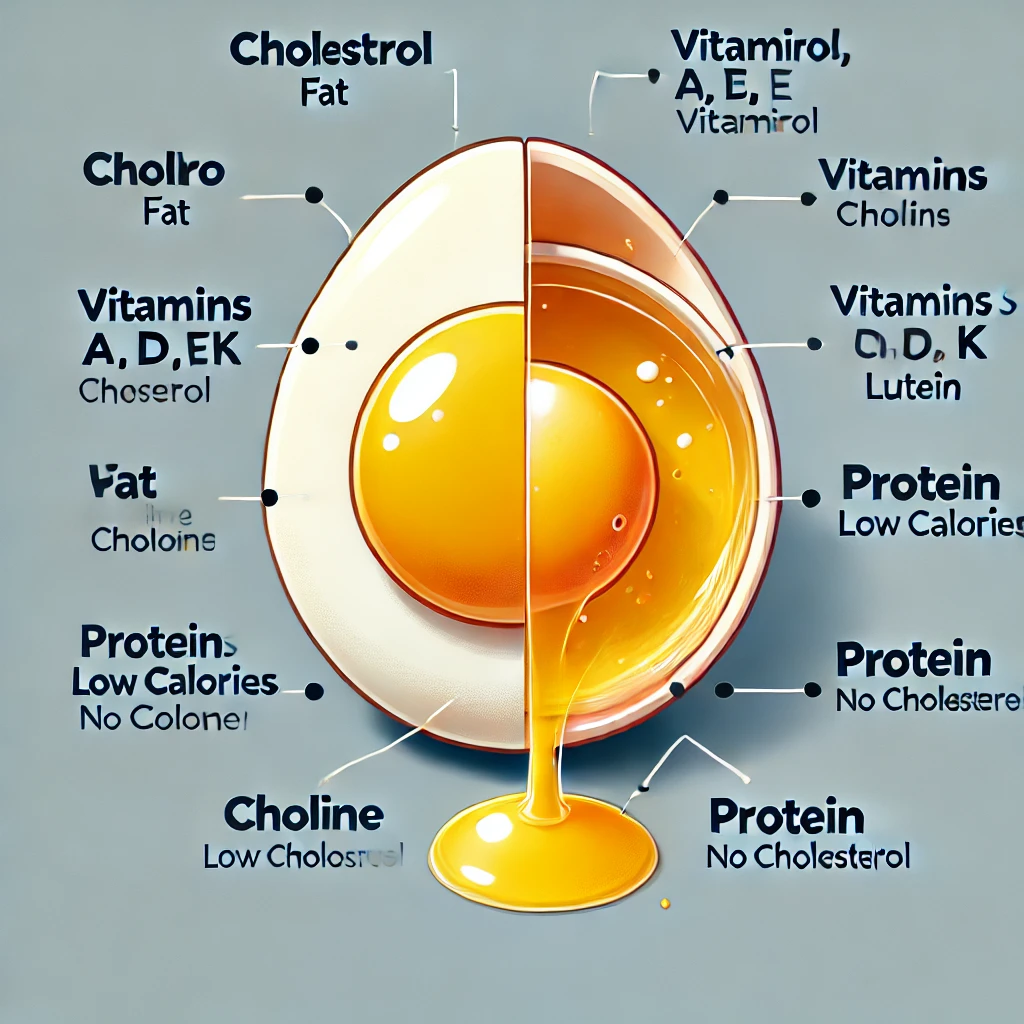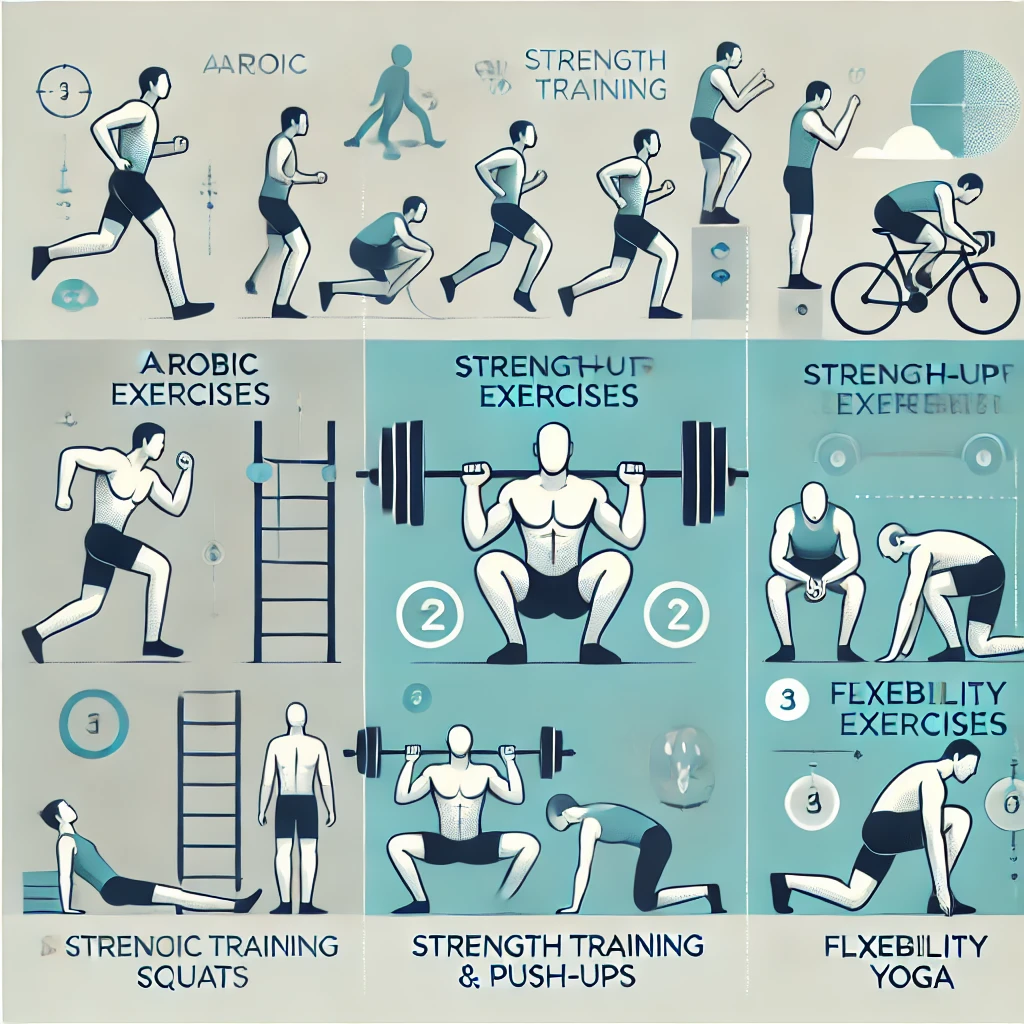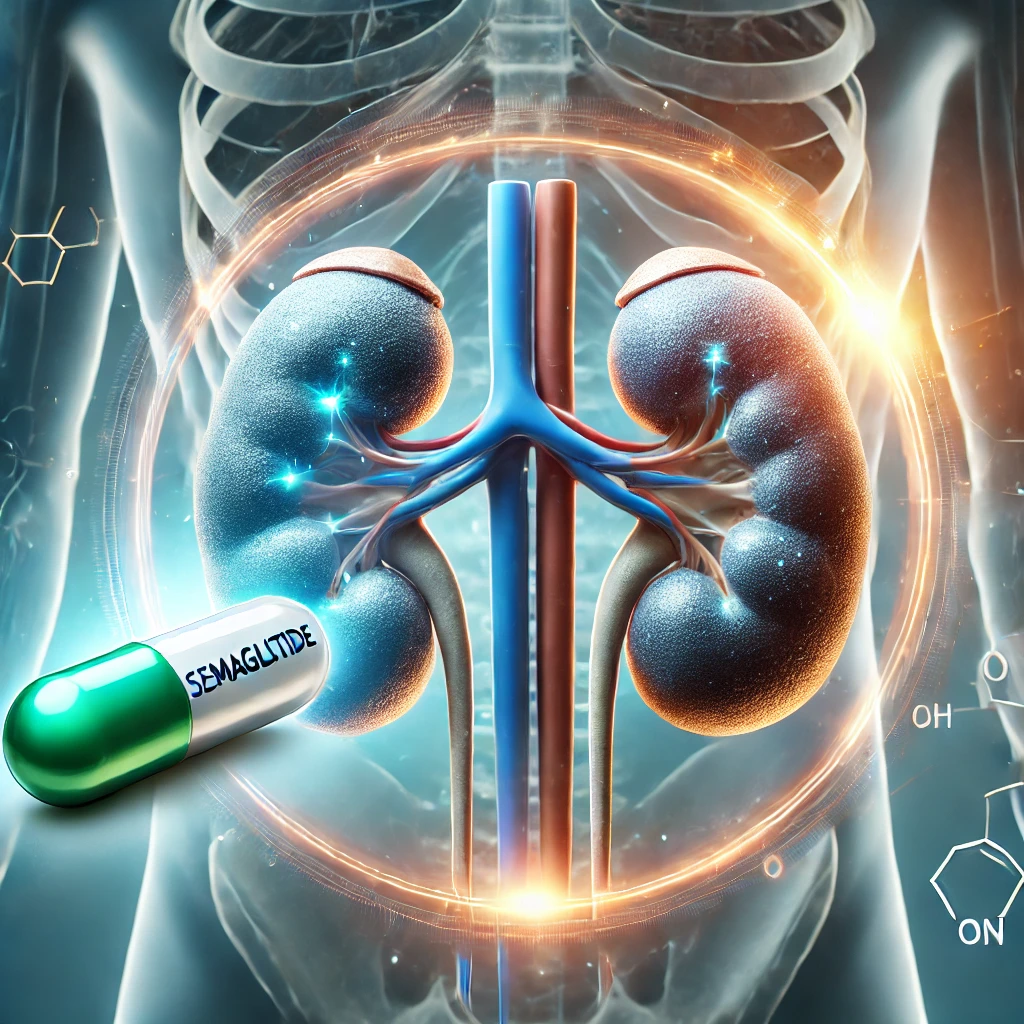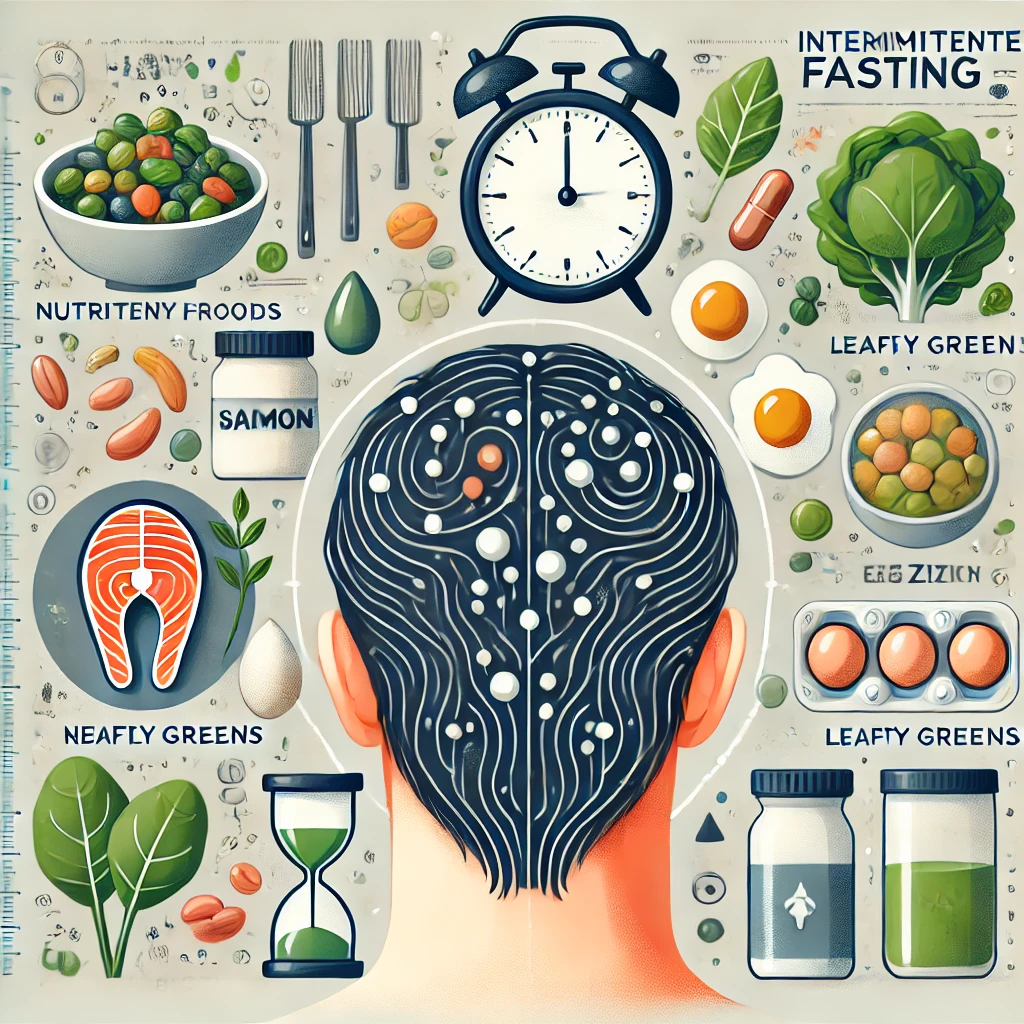Unexpected Signs of Lung Cancer: Are You at Risk?
Summary of Lung Cancer Symptoms ✅ 1. Persistent Cough – A cough lasting more than 8 weeks, changes in cough sound, coughing up blood✅ 2. Unexplained Weight Loss – Rapid weight loss without dietary or… Unexpected Signs of Lung Cancer: Are You at Risk?
